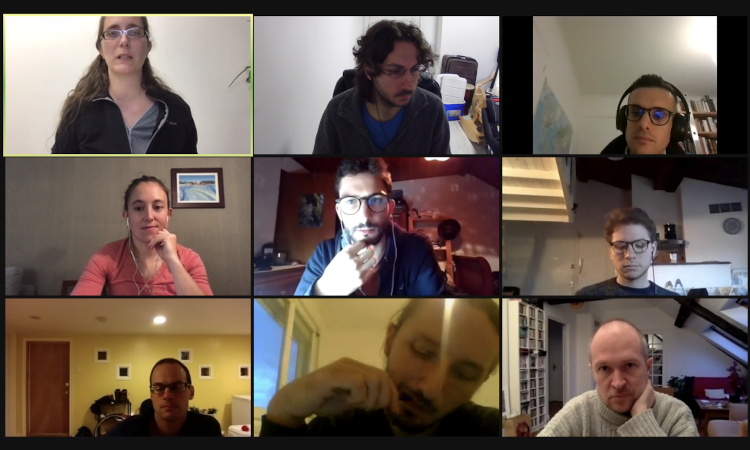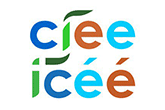The CESAB is still active!

Despite the health situation, which does not allow researchers to meet at the CESAB in Montpellier, the groups remain active and work remotely. This is the case this week for the participants of the projects FREE and RED-BIO.
FREE – about functional rarity
FREE began in 2018 and works on functional rarity: how to define this rarity, how to quantify it and how to identify its causes and consequences. FREE ‘s participants have recently published, in collaboration with researchers from different institutes, an article based on data collected within the project and in which they show that ecologically rare species of birds and terrestrial mammals are also the most threatened (see the press release “Double jeopardy for ecologically rare birds and terrestrial mammals“).
Led by Cyrille Violle (CNRS) and Caroline Tucker (University of Colorado, USA), the group met (online!) this week to catch up on the various work in progress within the project.
RED-BIO – about spatial ecology and ecological networks
RED-BIO started this year and the participants have not yet had the opportunity to hold their first meeting at the CESAB in Montpellier. However, they were able to organize their first virtual meeting with the support of the FRB’s CESAB team and the Canadian Institute for Ecology and Evolution (CIEE). This is an opportunity for the participants to discuss the project’s progress and its main research question: under which conditions, the interactions between biological communities and the environment could generate spatial heterogeneity in abiotic resources?
The participants cover a wide geographical range from Vancouver, Canada, to Montpellier, France, and this first meeting allowed to clearly see the diversity of ideas within the group, but above all to detect elements of convergence. This project was selected from the joint call SYNERGY in collaboration with the CIEE and is led by Isabelle Gounand (CNRS) and Eric Harvey (Université de Montréal).

First meeting of the Red-Bio group
These meetings allow the FRB-CESAB’s groups to continue working on their projects and several scientific articles have been published in the last few months, some of them in high impact journals as Nature Communication, Global Change Biology,… see all the articles here. CESAB’s main objective is to advance knowledge in order to improve our understanding of ecosystems and their biodiversity and thus ensure their effective management and conservation.


